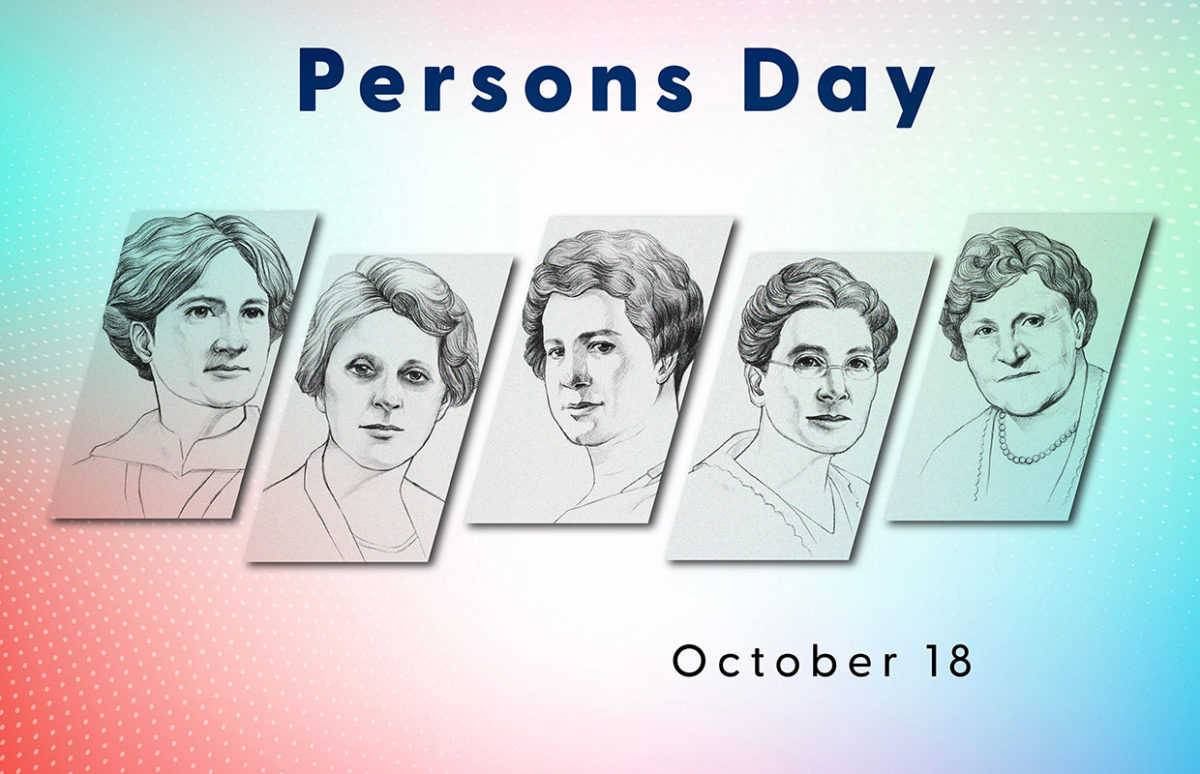On 18 October each year, Canada celebrates "Persons Day" in memory of the day in 1929 when women were legally recognised as "persons" in Canadian law, giving them access to political and institutional roles.
The legal decision was in answer to a suit brought by five women, who became known as the Famous Five. The British North America Act (BNA Act) of 1867 established many of the rules covering access to political or influential positions. The act used the pronoun "he" when referring to one person and the word "persons" when referring to more than one. Historically therefore, "persons" was taken to exclude women.
But most women in Canada had finally obtained the right to vote in 1918 (along with many men who had been previously excluded by the obligation to own property). And by 1927, the Famous Five felt it was time that the "persons" concept was challenged. One of the roles that it had been used to exclude women from was the Canadian Senate. The Senate isn't an elected body. Senators are appointed by the Governor General, the British monarch's representative in Canada.
The Famous Five were writers and journalists Emily Murphy and Nellie McClung, schoolteacher Louise McKinney, founder of the United Farm Women of Alberta Irene Parlby and artist Henrietta Muir Edwards. They were all also activists for universal suffrage, women's rights, temperance, or health care. Emily Murphy had become the first ever female judge in Canada, a position, had she been a man, which would have made it likely she would be appointed Senator.
In 1927, the women launched a legal challenge asking the Supreme Court of Canada to answer the following question: does the word “person” in Section 24 of the BNA Act include female persons? The Court replied no it didn't. So the women appealed to the highest court in Canadian law, the Judicial Committee of the Privy Council of Great Britain in London.
On October 18, 1929, Lord Sankey, Lord Chancellor of Great Britain, announced, “The exclusion of women from all public offices is a relic of days more barbarous than ours. And to those who would ask why the word ‘person’ should include females, the obvious answer is, why should it not?”
Just four months later, Cairine Wilson, an advocate for women, refugees and the poor, became the first female Canadian Senator.
Today, the Famous Five Foundation works to honour the five pioneers and to inspire and empower future generations of leaders. They produced this short video which is a great way to introduce your pupils to this Canadian celebration. It's accessible from A2+, with the visuals helping comprehension.
> Teaching about U.S. Women’s Fight for the Vote
> Celebrating Votes for Women
> Suffragettes Interview
Tag(s) : "Canada" "Canadian history" "Canadian politics" "civil rights" "feminism" "gender equality" "Suffragists" "universal suffrage" "votes for women" "voting" "WWI"






